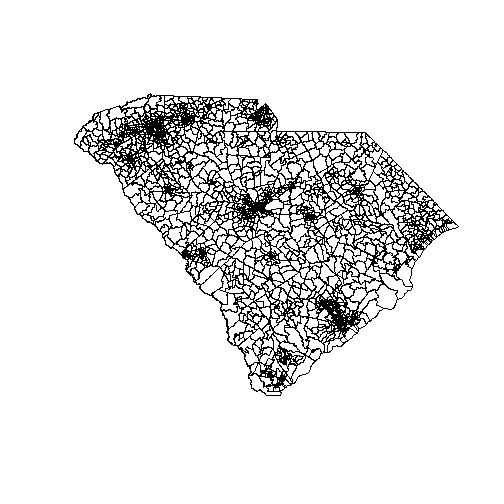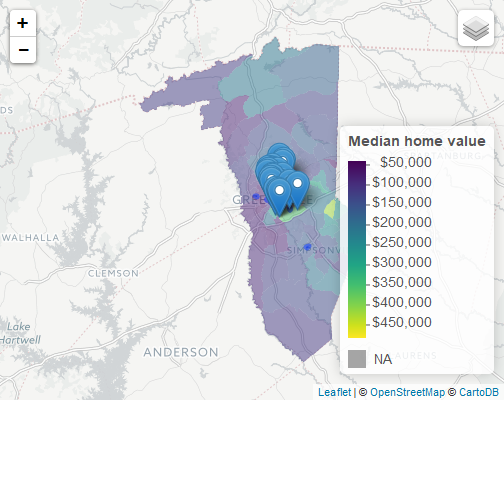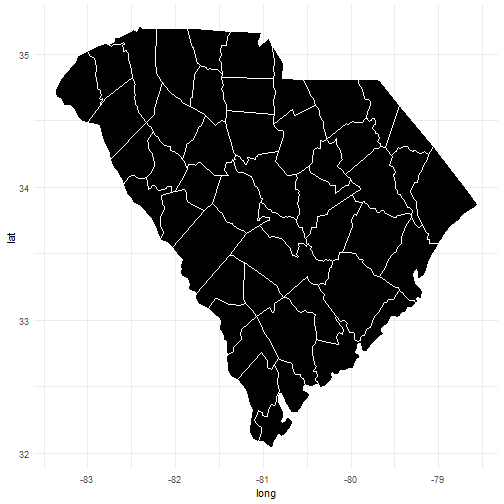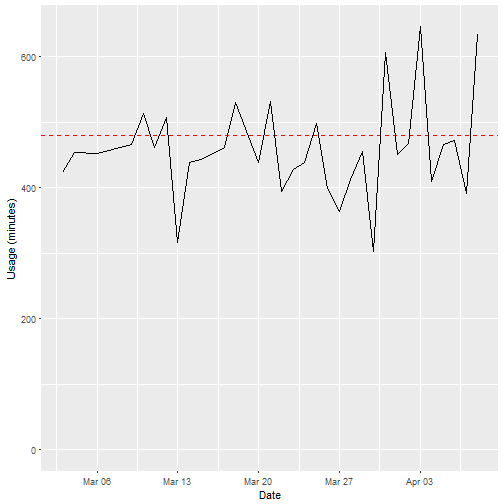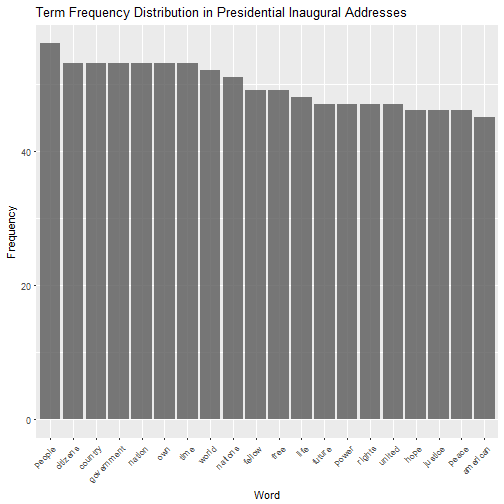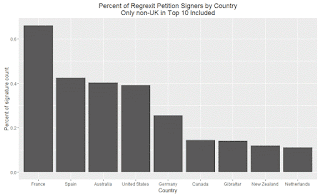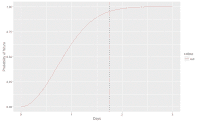How we voted in South Carolina
Purpose This post seeks to explore how Greenville, SC and surrounding areas voted in the 2016 election. It also demonstrates how to retrieve data from the Data.World site. To retrieve data from this site using the tools in this post, you have to create an account (easy to do if ...
